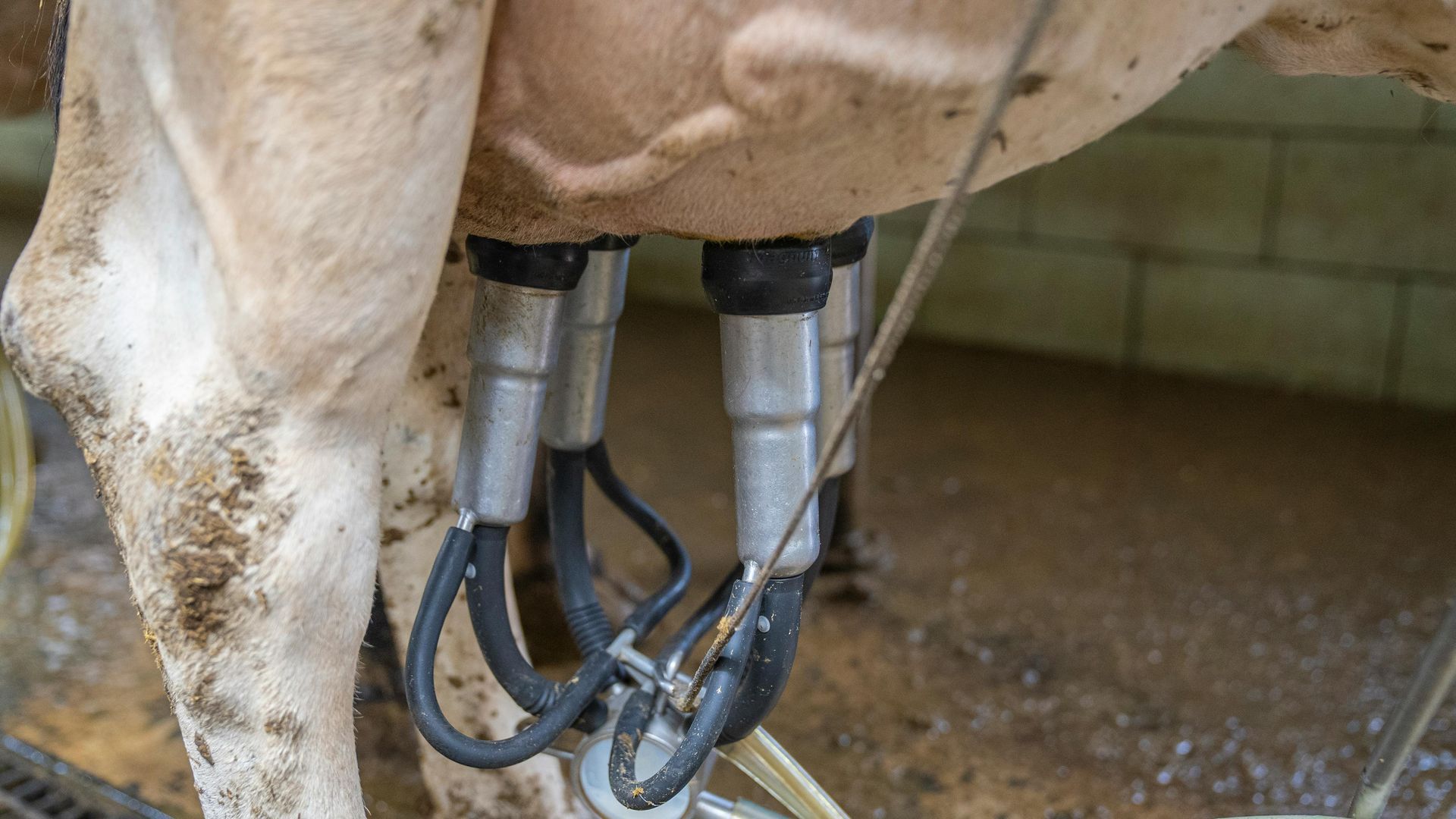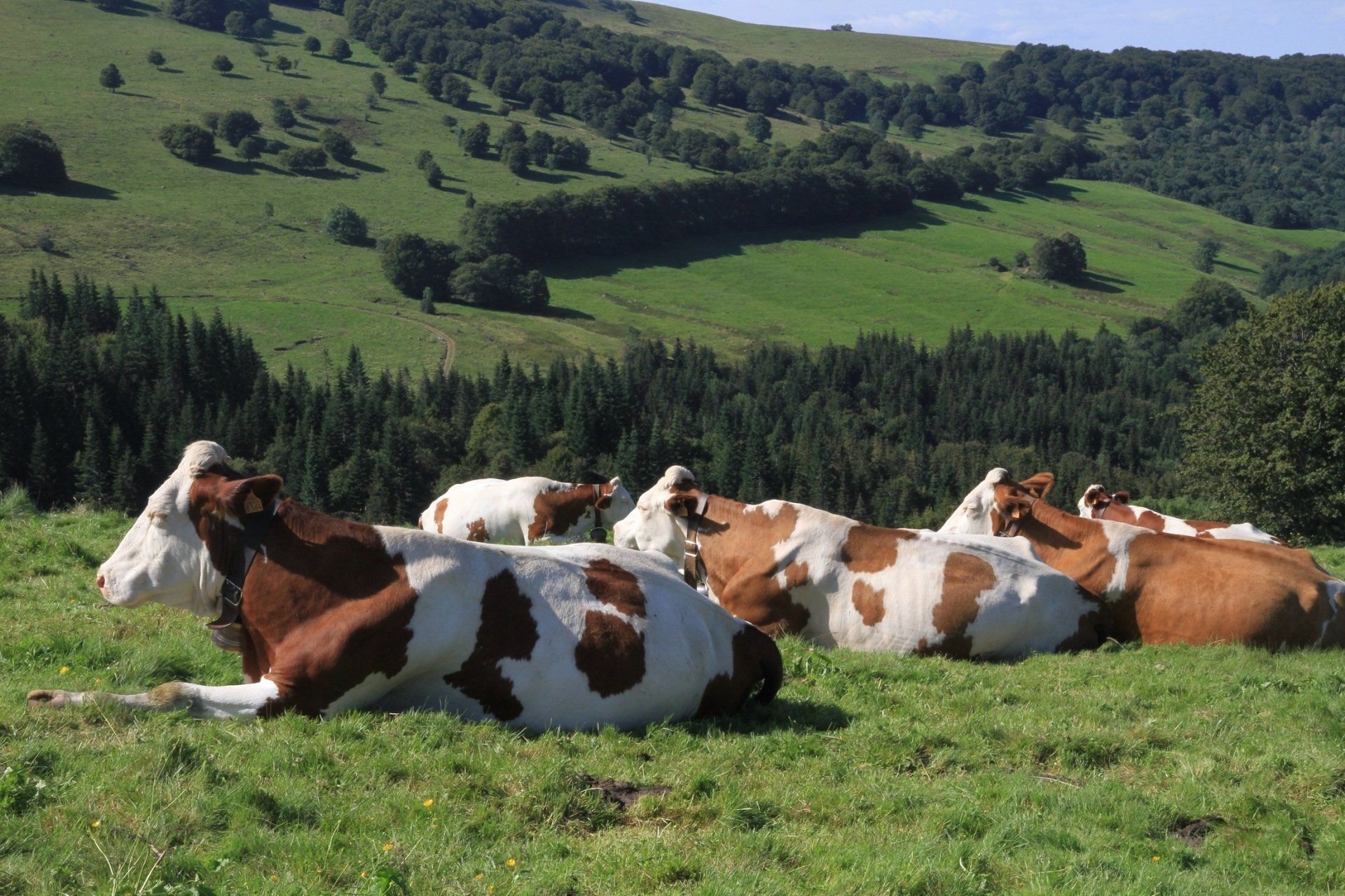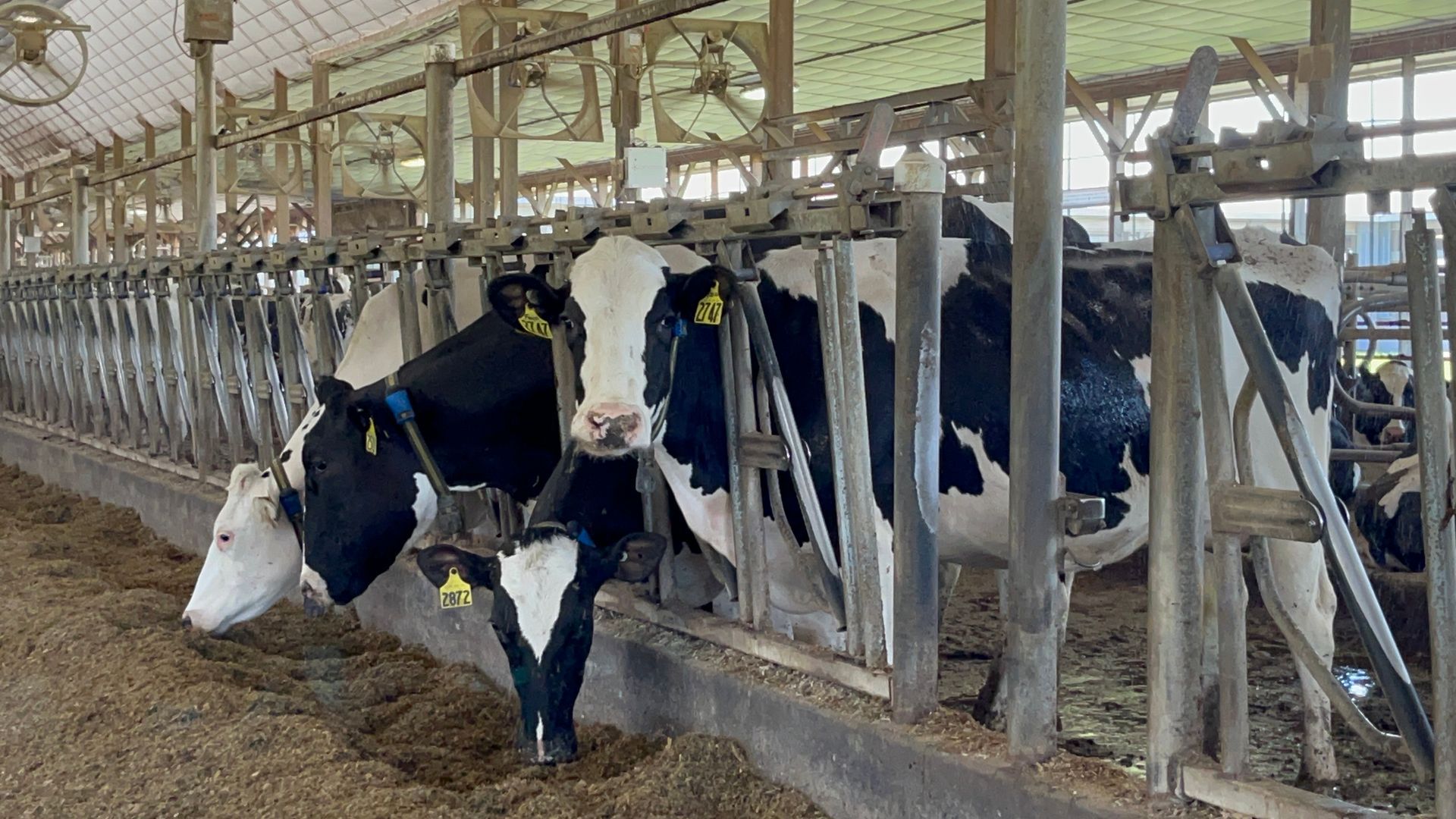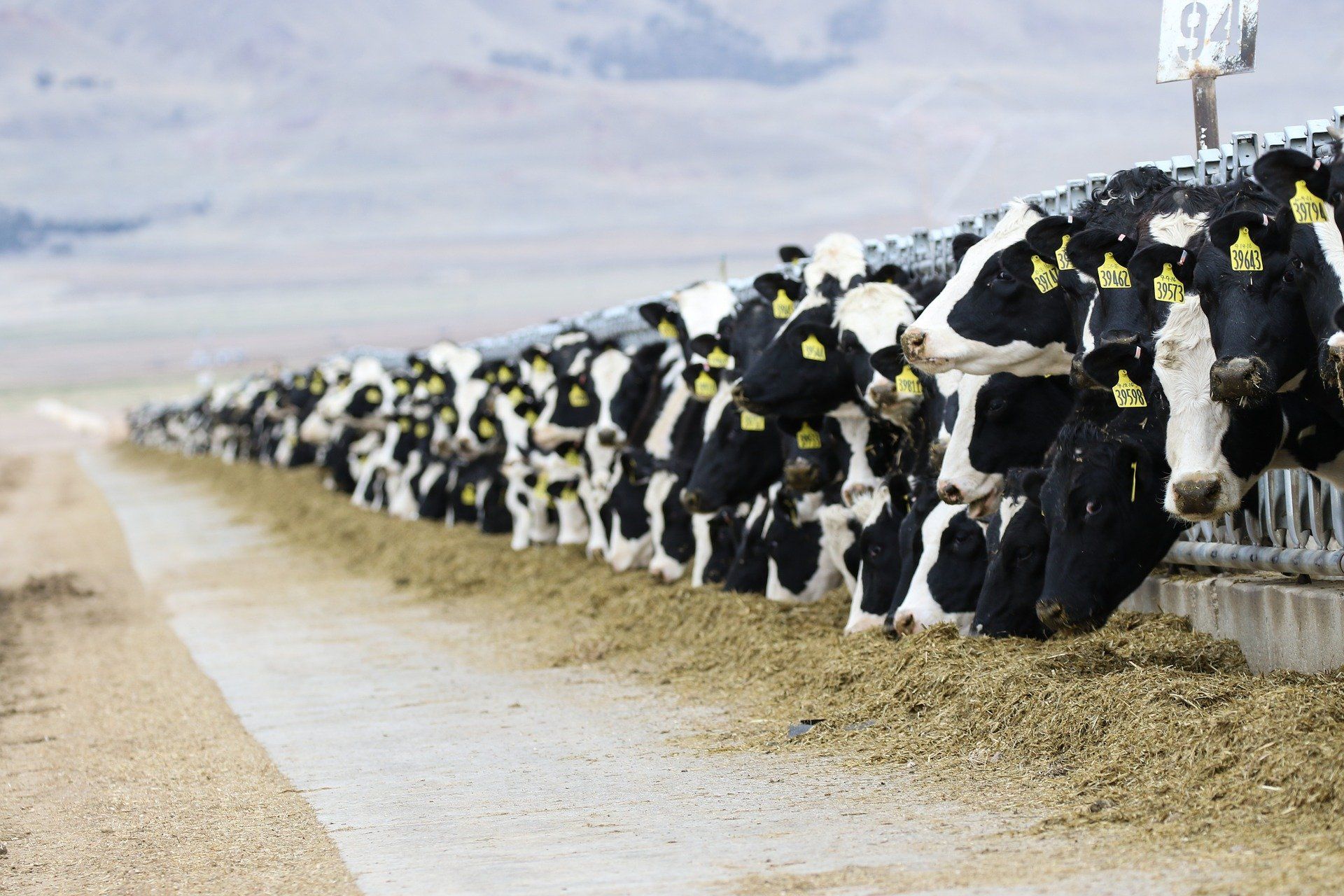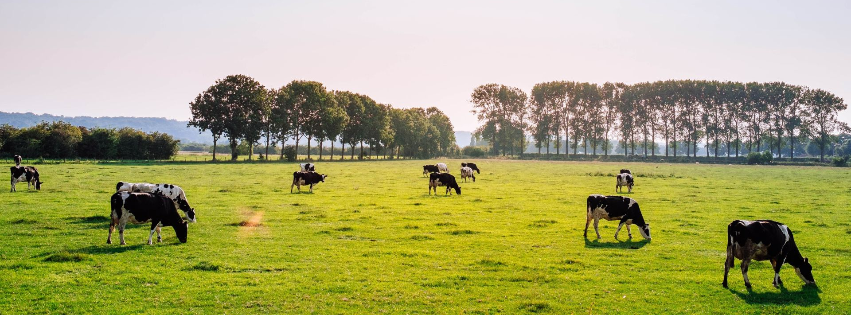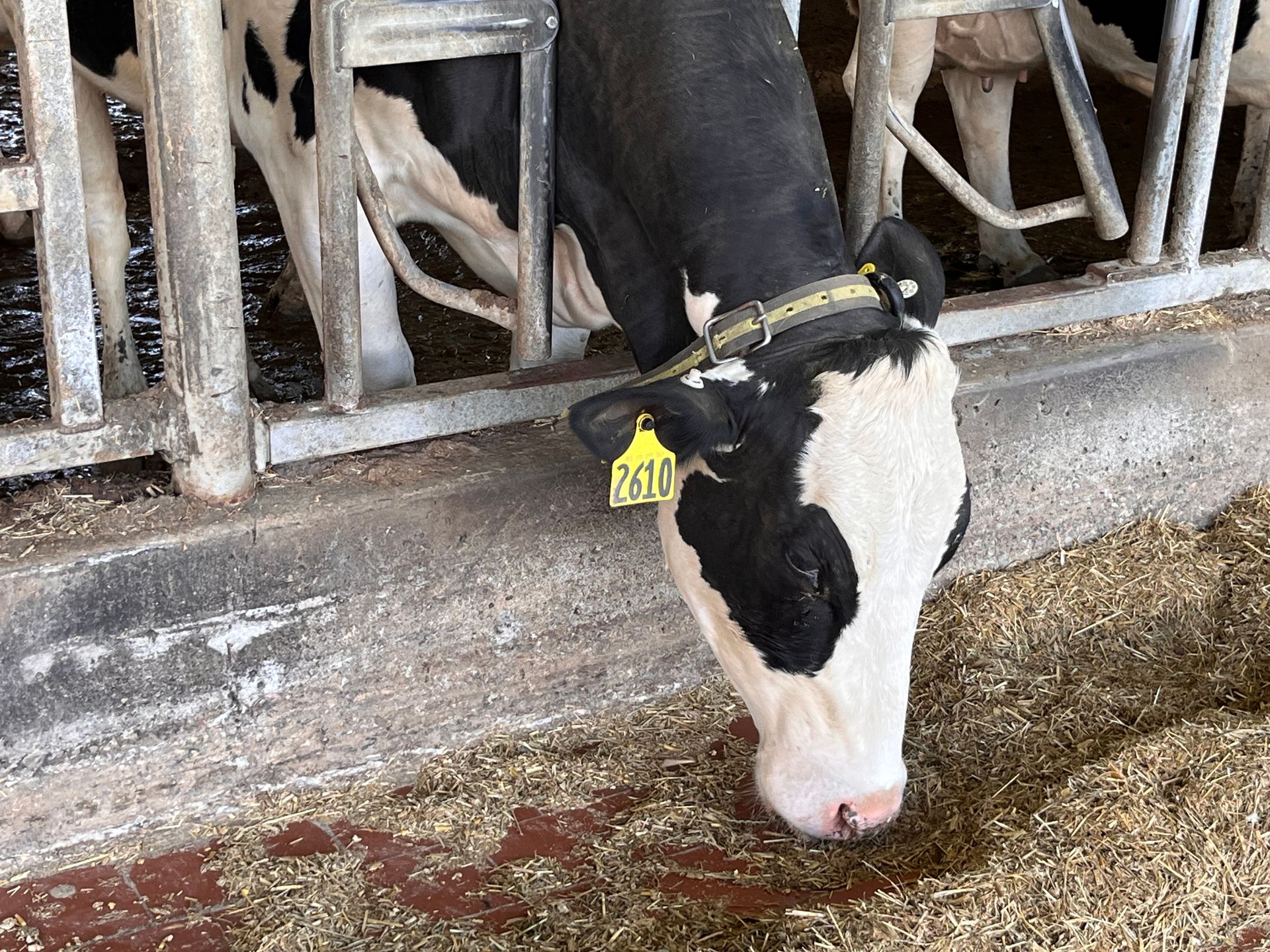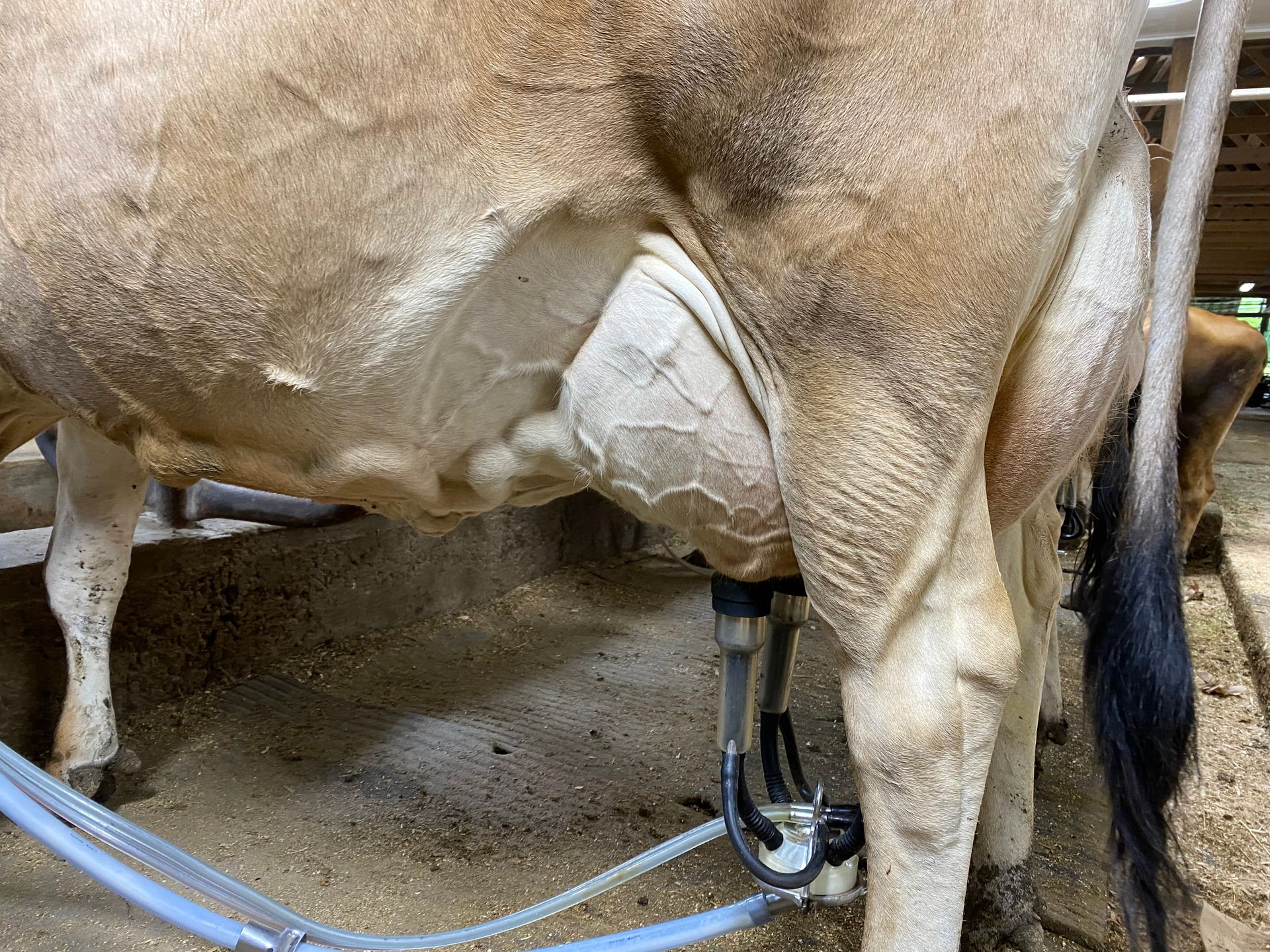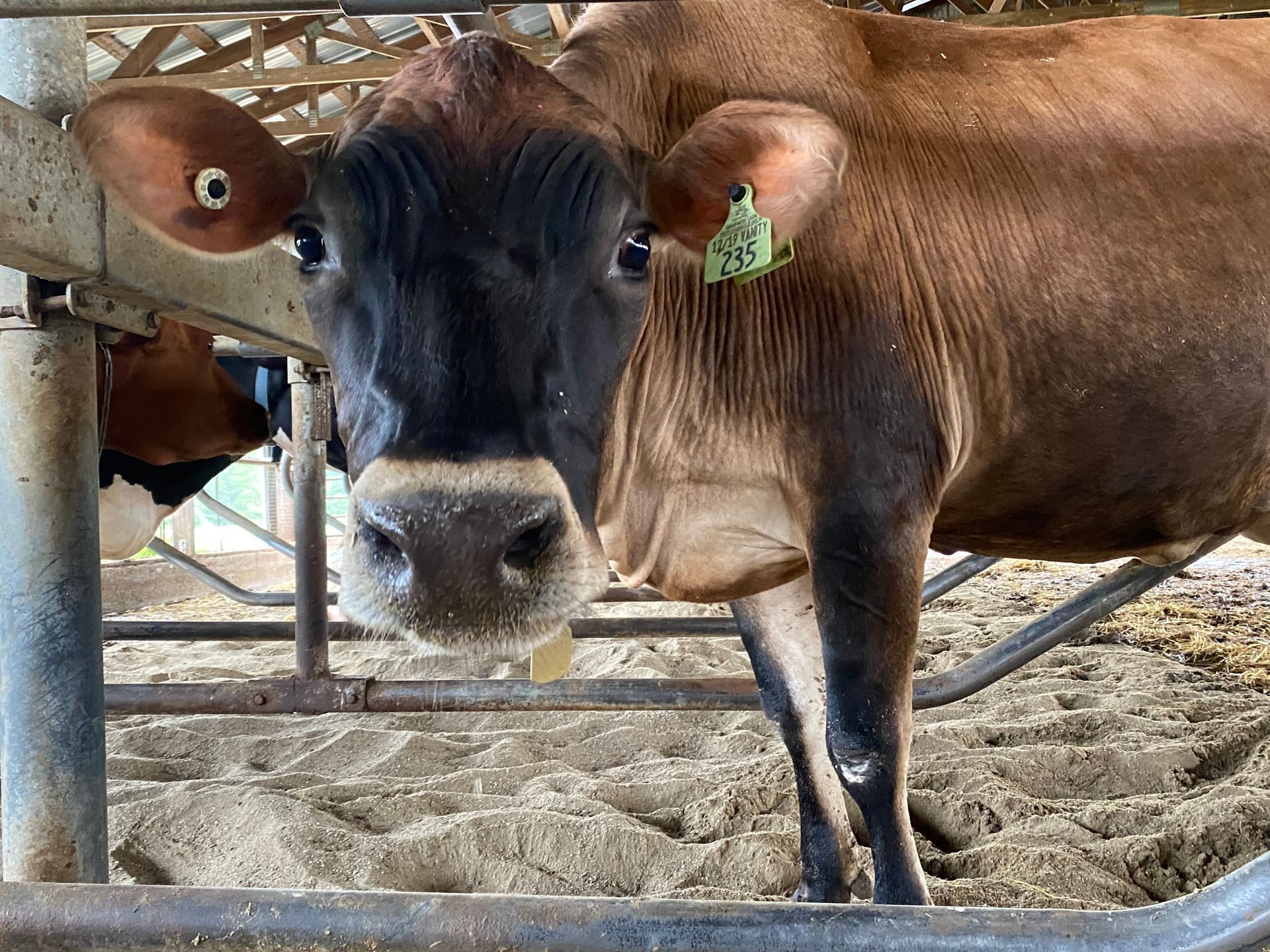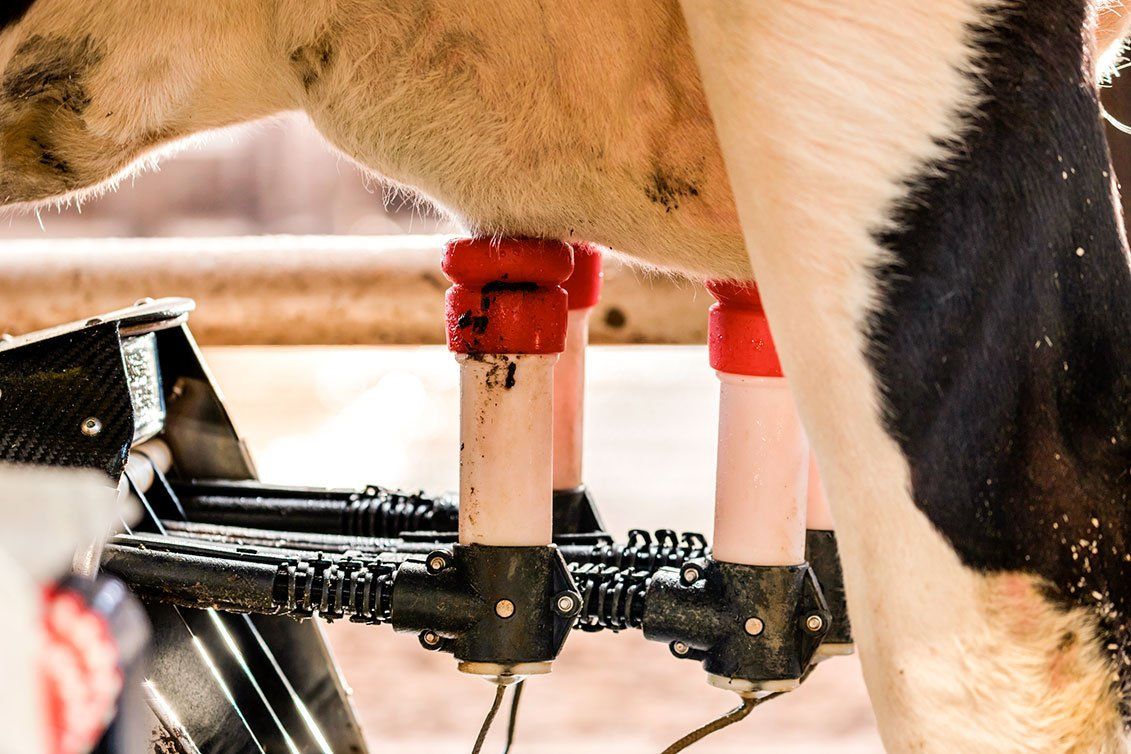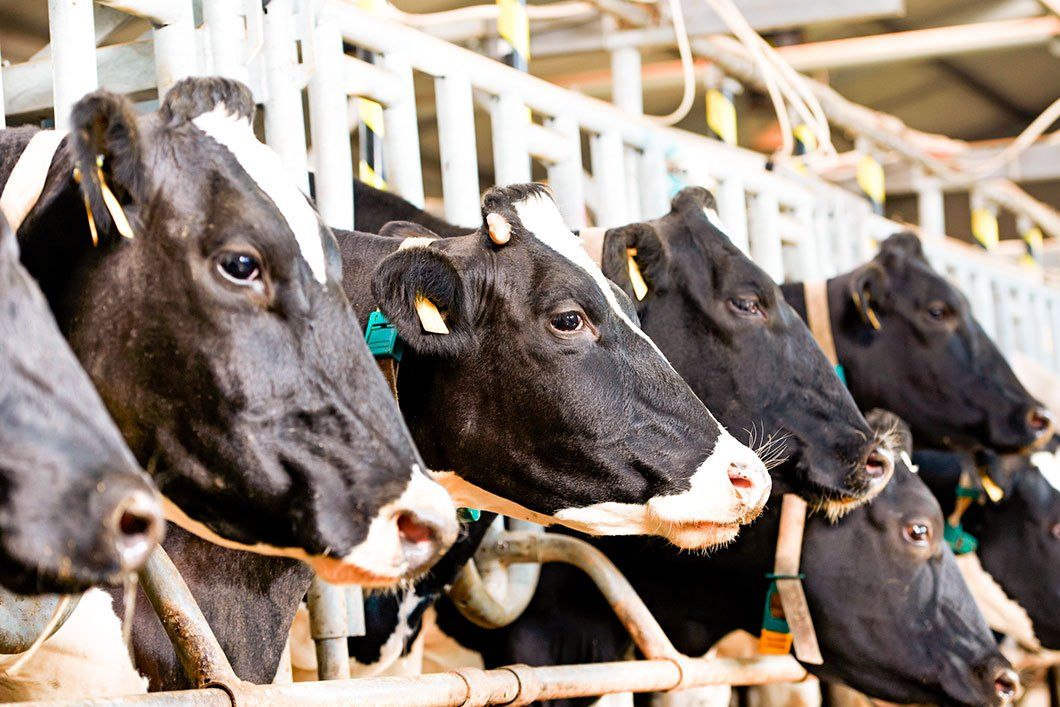Labby at Climate Tech on the Plaza:
Revolutionizing Milk Testing for a Sustainable Future

Labby participated in the Climate Tech on the Plaza event hosted in Boston on July 24th. The event, organized by The City of Boston, Downtown Boston BID, NECEC, MassCEC, and Schneider Electric, celebrated and showcased Boston's thriving climate tech ecosystem, allowing attendees to experience innovative climate tech solutions firsthand.
Emerging from MIT, Labby continues to pursue sustainable farming solutions. Our optical milk testing analyzer can reduce the dairy industry’s carbon dioxide emissions by 423.6 million kg annually.
Milk testing is a significant source of carbon dioxide emissions in the dairy industry, primarily due to transportation, electricity usage, and milk waste. A substantial portion of carbon dioxide is emitted when transporting milk samples from dairy farms to labs. Considering transportation vehicle emissions, testing frequency, and average travel distances, approximately 299 million kg of carbon dioxide are emitted annually from transportation alone. Milk waste further contributes to emissions. According to Dairy.com, 1% to 5% of raw milk is wasted due to system failures and quality control rejects, resulting in about 123 million kg of carbon dioxide emissions per year. Additionally, the labs' 24-hour computing requirements for testing generate another 1.6 million kg of carbon dioxide annually.
Labby's milk testing analyzer is a game-changer. By providing onsite instant testing results, farmers can receive SCC, butter fat, protein, and MuN measurements within minutes, significantly reducing the time and effort spent on transportation, electricity usage, and milk waste compared to traditional methods. Moreover, Labby’s analyzers are reagent-free and do not contain disposable parts, further contributing to sustainable farming.
What does this mean for farmers? Firstly, it eliminates the weekly or monthly costs of sending milk samples to labs for testing, as instant, onsite results are now accessible. Secondly, farmers can make timely decisions based on real-time SCC, butter fat, protein, and MuN data, better managing their herd’s health. Additionally, by adopting Labby’s solution, farmers contribute to the sustainable development of the dairy industry. Reducing 423.6 million kg of carbon dioxide emissions per year equates to the carbon sequestration of 500,000 acres of forest. This reduction can mitigate climate change and improve overall human health. Moreover, sustainability influences consumer purchases. In a 2020 survey, 73% of Generation Z consumers expressed willingness to pay more for sustainably sourced products. Thus, taking social responsibility can lead to economic benefits and enhance your brand’s sustainable image.
To learn more about Labby, please click here.
Works Cited:
Reducing Emissions to Lessen Climate Change Would Yield Dramatic Health Benefits by 2030
Young buyers want affordable sustainability

